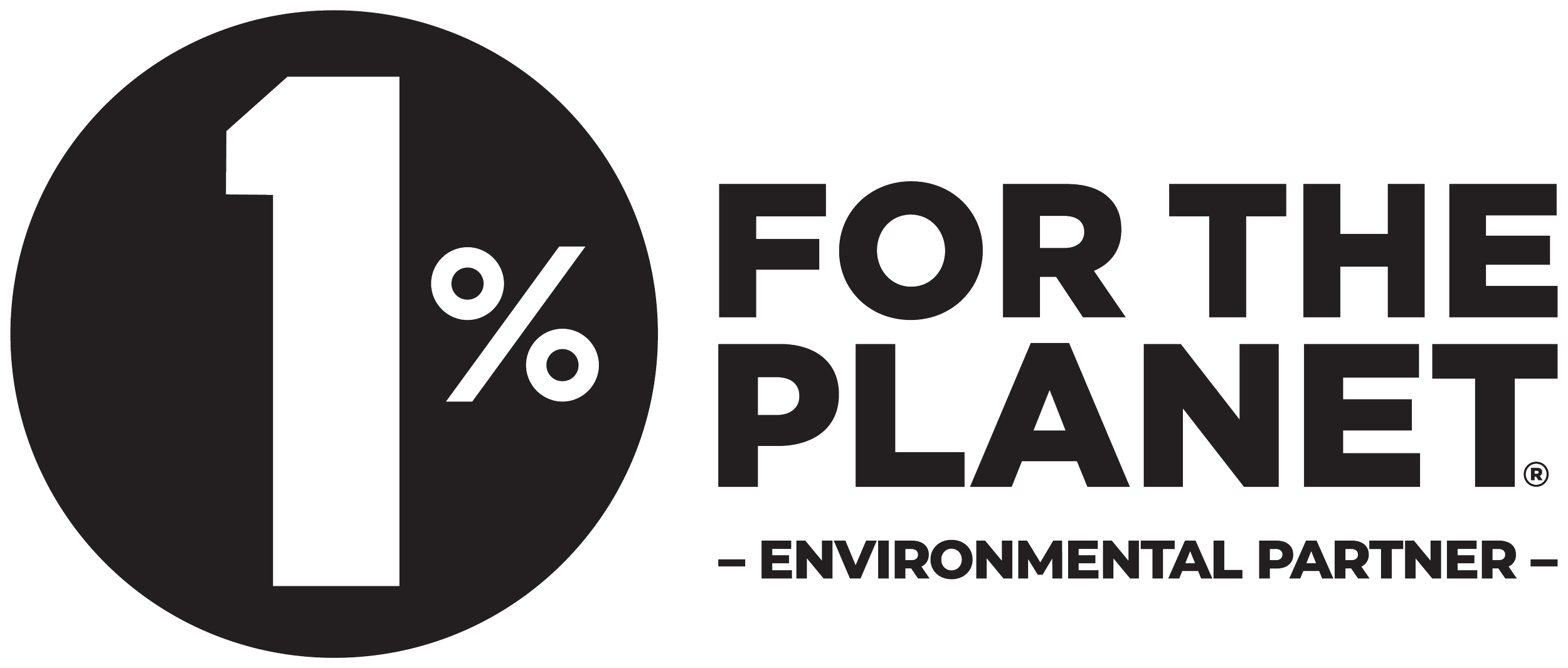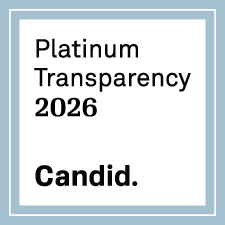Previous MMEG TALKS:
MMEG Talks: Who Opens the Door?
Creating Youth Employment Opportunities in a Challenging World
Youth employment remains one of the most pressing global challenges. How can we create pathways for young people to thrive in today’s complex job market? In this engaging webinar, two inspiring MMEG grantees share their insights and experiences:
Obaa Akua Konadu-Osei (Ghana), Teaching Fellow at Maastricht University and 2021 grantee.
Elizabeth Shawa-Mangani (Malawi), Lecturer at the Center for Public Policy and African Studies, University of Johannesburg, and 2018 grantee.
Discover innovative strategies, real-world perspectives, and actionable ideas to empower youth and open doors to opportunity.
Read more here
Watch the TALKS here:
This was an inspiring and thought-provoking discussion of how women leaders can help reduce poverty at the grassroots level.
Opening remarks: Jorge Familiar, Vice President and Treasurer, World Bank
Moderator: Gabriela Inchauste, Practice Manager, Prosperity-Poverty and Equity Global Department, World Bank
Panelists: MMEG grantees Anamika Priyadarshini (2008) and Monica Brenda Longwe (2013)
Read more here
Watch the TALKS here:
You can watch the recording of this event on our YouTube channel.
Once in the realm of science fiction, today Artificial Intelligence can help its users gain insight on what drives economic development. In a quest for poverty reduction, AI can analyze vast amounts of data and help model more accurate forecasts to identify what drives and sustains economic growth and sustainability.
The three panelists of the upcoming MMEG Talks, Patience Akih, Priscilla Maliwichi, and Maletsabisa Molapo, experts in the use of this bourgeoning science, will discuss:
- How AI advances the progress of development in their fields;
- What advances AI holds for the future;
- Where AI has most successfully improved plans and projects;
- Who can study AI; and,
- How they can learn it in developing countries.
¿Es el sistema jurídico justo para todos? ¿Qué repercusiones tiene un marco jurídico no equitativo en la justicia social, especialmente para las mujeres y los niños?
Tres becarias del MMEG y expertas jurídicas -Cindy Arlette Contreras Bautista (de Perú), María de Lourdes Velasco (de México) y Beatriz Ramírez (de Perú)- debatirán sobre cómo implementar sistemas jurídicos equitativos y hacer que la justicia sea accesible para todos.
Is the legal system fair to all? What impact does an inequitable legal framework have on social justice, especially for women and children?
Three MMEG grantees and legal experts—Cindy Arlette Contreras Bautista (from Peru), María de Lourdes Velasco (from México), and Beatriz Ramírez (from Peru)— will discuss how to implement equitable legal systems and make justice accessible to all.
Lea un resumen de la mesa redonda/ Read more here
Watch the TALK:
Can we achieve literacy for all and access to lifelong learning by 2030? This is the date set by the UN to meet Sustainable Development Goal 4 – access to quality and inclusive education for all.
In an online MMEG Talks, three MMEG grantees – Annah Molosiwa, Rakhat Zholdoshalieva, and Denise Zinn, all seasoned educators – will contribute insights on meeting the 2030 SDG goal, based on their lifelong commitments to delivering quality education.
Read more here
Watch the TALK:
Climate change poses a significant threat to global food security, affecting agricultural productivity, food availability, and access to nutritious food.
MMEG grantees Easther Chigumira, Lilian Elekwachi, and Isabel Madzorera joined with IFC and World Bank experts at noon on June 12 to discuss innovative solutions.
Read more here.
Watch the TALKS here:
How can sustainable practices in nutrition, health, and urban planning improve the lives of women and children? At the latest MMEG Talks, MMEG grantees Oluchi Ezekannagha, Batool Fatima, and Thandeka Tshabalala talked about the role of education in nutrition, the importance of mental health in global health initiatives, and the impact of urban planning on community health, all with a view to improving the health and well-being of vulnerable populations, advocating for gender equality, and developing sustainable communities.
Read more here.
Watch the TALKS here:
MMEG grantees Obaa Akua Konadu Osei (2017) of Ghana and Evelyn Callapino Guarachi (2023) of Bolivia discussed goals and strategies for creating a more equable life for working women in a MMEG Talks webinar.
Mining is men’s work, right? Not so for the women of Ghana who extract gold or those of Bolivia who toil for tin. These women confront serious daily on-site inequalities and often face domestic violence at home.
Our grantees' resolve to uplift conditions far transcends geographic limitations: theirs is a vision that can benefit women throughout the world.
Read more here
Watch the TALKS here:
GENDER, EDUCATION, AND DEVELOPMENT IN FORCED DISPLACEMENT
MMEG grantees Larisa Kasumagić-Kafedžić (2006), Nohora Constanza Niño Vega (2016), and Hourie Tafech (2020) discussed gender, education, and development in forced displacement at the World Bank’s HQ in Washington DC on May 25, 2023.
The role of education as a vector for peace and a source of societal resilience was stressed. Panelists highlighted the fact that refugees, far from being a burden, possess skills and potential that should be recognized and fostered. The cost of integrating refugees into society is often a focus of debate; however, the panel argued for a shift in mentality, highlighting the often-overlooked cost of inaction.
The discussion emphasized the need to place education at the center of efforts to combat violence and mitigate drivers of fragility, such as inequalities, governance issues, and injustices. The necessity to support children and young people affected by displacement, was stressed, especially given the blurred lines between gang violence, criminal organizations, and migration that further impact refugees.
The psychological trauma experienced by displaced children and families, and how this can affect academic performance and overall societal development, was also discussed. The panelists shared that even when schooling is available, addressing psychological trauma is crucial to support effective learning and personal growth.
Lessons learned from the field were explored, highlighting strategies to engage various stakeholders like policymakers, academia, and civil society in navigating the complexities of forced displacement situations.
Speakers outlined steps that countries affected by fragility and conflict can take to address inequalities:
Stabilizing institutions to distribute resources equitably among all affected individuals.
Implementing robust policies.
Combating corruption.
Making strategic investments in children and women.
The panelists, each a past recipient of a MMEG grant, are now actively contributing to significant change in their fields related to gender, education, and forced displacement. Their ongoing work exemplifies the profound impact that academic support like MMEG's can facilitate, paving the way for meaningful action on global issues. By sharing their current initiatives and experiences, they provided tangible evidence of the powerful outcomes achievable when dedicated individuals are provided with the necessary resources and support.
This event, the first in-person MMEG Talk since the COVID-19 pandemic hit, was moderated by Soukeyna Kane, Director of the World Bank’s Fragility, Conflict, and Violence Group, with Lucia Hanmer, Lead Economist of the World Bank’s Gender Group, providing closing remarks.
Read more here.
Watch the TALKS here:
Four MMEG grantees from diverse fields—Ensa Johnson, Faatima Ebrahim, Netsai Gwata, and Vuledzani Ndanganeni—discussed their common goal: how best to grant a voice to people, especially children, with different capacities for speech and hearing. The theme: the ability to communicate is a right, not a privilege.
Our moderator, Ensa Johnson, is a respected international researcher and educator who has taught at least one of our panelists as well as other grantees, so this was in fact a two-generation MMEG panel!
Watch the TALKS here:
Watch the TALKS here:
One of the greatest changes for MMEG over the years has been the emergence of women professionals and scholars addressing domestic violence, once almost a taboo subject. Women are speaking out more than ever against this scourge, harmful to both individuals and deeply damaging to both individuals and their communities.
In this program in honor of Women’s History Month, MMEG presented three grantees with impressive expertise in domestic violence who are willing to advocate for changes in the law and society, for they well know that “It Takes a Village to Protect a Family.”
Watch the TALKS here:
MMEG TALKS: GRANTEES IN RESEARCH (Dec. 15, 2021): This last celebratory event for our 40th anniversary highlighted the research of seven diverse MMEG grantees: medical engineer Milka Madahana (South Africa 2021), special needs educator Andrea Saldivar Reyes (LAC 2016); kangaroo baby massage expert Nubia Castiblanco López (LAC 2020); elementary teacher educator Siglia Camargo (US-Canada 2011), gender studies sociologist Tahreer Abdallah Araj (US-Canada 2010); special education expert Pujah Ningsih (US-Canada 2018), and sociologist Nohora Niño Vega (LAC 2016).
9) 40th YEAR VIRTUAL LUNCHEON (Nov. 18, 2021) We hosted our first luncheon to foster networking opportunities among MMEG grantees. Stephanie von Friedeberg (Senior Vice President of Operations, IFC) and Monica Oldham (Manager of Diversity, Equity and Inclusion, WBG) joined us for this special event. Many thanks to our grantees, donors, and volunteers who participated.
8) VOLUNTEER APPRECIATION DAY (Oct. 25, 2021)- For MMEG, October is the month to celebrate our wonderful MMEG volunteers. Our past and current volunteers came together at this meeting to share highlights of their volunteer work at MMEG.
7) MMEG TALKS EDUCATION IN LATIN AMERICA WITH A FOCUS ON INDIGENEOUS COMMUNITIES (Sept. 28, 2021)- MMEG presented a conversation with three grantees – Dr. Marleen Haboud, Yina Rivera and Bertha Pech – dedicated to the education and empowerment of rural and indigenous communities in Latin America. The event was moderated by Vivian Familiar (Board Director).
6) MMEG TALKS: ARTS (June 24, 2021) - This month’s event focus on how the arts can be a force for positive change in the development of women and children, as demonstrated through the work of four MMEG grantees: filmmaker Afia Nathaniel, cellist Andrea del Pilar Restrepo, interdisciplinary artist Joanna Glanville Shein, and art therapist Natalia Lobo-Guerrero. Click here to learn more about them. The event was moderated by Board Directors Laurence Carter and Colin Warren.
5) THE DIFFERENCE MMEG MAKES (May 25, 2021) - This month’s event focused on The Difference MMEG Makes, with a live discussion among past grantees about how their lives, their work, their families and their academic careers were affected by receipt of MMEG support. Click here to learn more about them. The event was moderated by Board Directors Brigid Holleran and Laurence Carter.
4) MMEG TALKS: HEALTH (April 26, 2021) - MMEG TALKS: Health showcased two grantees, Dr. Saima Hirani and Zorina Noordien, who shared their path in promoting mental health awareness, focusing especially on women and the importance of mental health in every sphere, from community health to parenting. Introduced by Board Director, Vivian Familiar, moderated by Reiko Niimi, Board Director.
3) THE POWER OF ONE AT WORK (Mar 25) - The Power of One at Work presented the work of six extraordinary MMEG grantees (Arundati, Patricia, Farina, Hannah, Ekawati and Shatha) to make the world a better place. This presentation was curated by Priscilla Rachun Linn, Board Director and chair of the 40th Celebration Committee.
2) MMEG TALKS ENVIRONMENT (Feb 25) - MMEG Talks Environment showcased two MMEG grantees from Africa who have dedicated their careers to environmental sustainability. Easther Chigumira and Faith Chihumbiri, two extraordinary MMEG grantees discussed the intersection of gender and climate change as well as the impact of COVID-19 on their work. Introduced by MMEG Vice President Vesna de la Borde. Please enjoy the event; we welcome your comments and questions.
1) MMEG 40th ANNIVERSARY LAUNCH (Jan 25) - MMEG President, Madeleine de Kock, launches the celebration of MMEG's 40th anniversary, focusing on monthly events to showcase our exceptional grantees and to share well-wishes from our new and long-standing supporters. Please enjoy the event; we welcome your comments and questions.
















